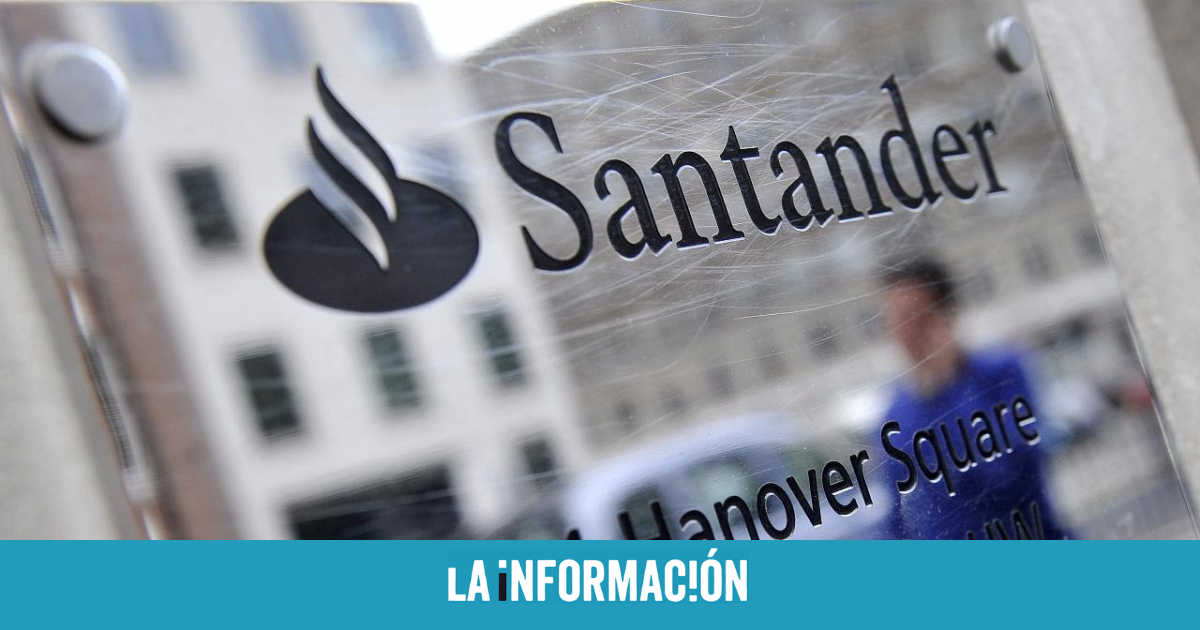Tens of thousands of people in great Britain They wake up at Christmas with an amazing income they don’t get from their company. English Santander, the British subsidiary of a Spanish bank, mistakenly doubled Christmas payments made from the company’s 2,000 accounts.
Chief entity Ana Botín finally send 130 million pounds (155 million euros) to 75,000 bank accounts individual the entity itself and other financial companies, which made this problem a mishap that affected a large part of the UK banking system.
The bank emphasizes that no corporate client will be left without their money and It will assume, in any case, the harm that the problem may cause. This duplicate payment begins to be corrected immediately if the originating account and the receiving account are from Santander.
However, many of the payments they double are transfers to accounts of other entities such as Barclays, HSBC, NatWest, Cooperative Bank and Virgin Money, according to the British press, it made his recovery more difficult.
“We regret that, due to technical issues, some payments from our corporate clients have been improperly duplicated in the beneficiary’s account,” the group explained in a statement.
“None of our clients run out of money any time for this reason, we will be working hard with many banks across the UK to recover duplicate transactions in the coming days”, the financial institution added.
Citi’s precedent for Santander
In theory, English Santander You can immediately recover money within the group itself and have a mechanism for requesting the refund from another financial institution.
However, newspapers such as ‘The Times’, which advances the news, ‘The Observer’, ‘Daily Mail’ or ‘Financial Times’ are quick to risk the principle of ‘Santa Claus, what is given is not taken. far ‘that some British stuff can make use of on its own.
In fact, local British media underlined in their news concerns about the possibility that many customers have spent ‘additional’ revenue or have been harmed by thinking they are in a better financial position than they really are.
There is a precedent that portends a bad road for Santander. US bank Citibank lost in one of the “biggest mistakes in banking history” after mistakenly remitting $900 million to creditors for cosmetics company Revlon.
After this financial crash, about half of the money was not returned and the parties went to court to determine who was right. In total, more than 500 million dollars (440 million euros) were at stake and a US court ruled that the bank had to face its guilt and run out of money.

“Problem solver. Proud twitter specialist. Travel aficionado. Introvert. Coffee trailblazer. Professional zombie ninja. Extreme gamer.”




:quality(85)//cloudfront-us-east-1.images.arcpublishing.com/infobae/JJWZJ63XRVEJTOW3CYU6J4PSC4.jpg)


